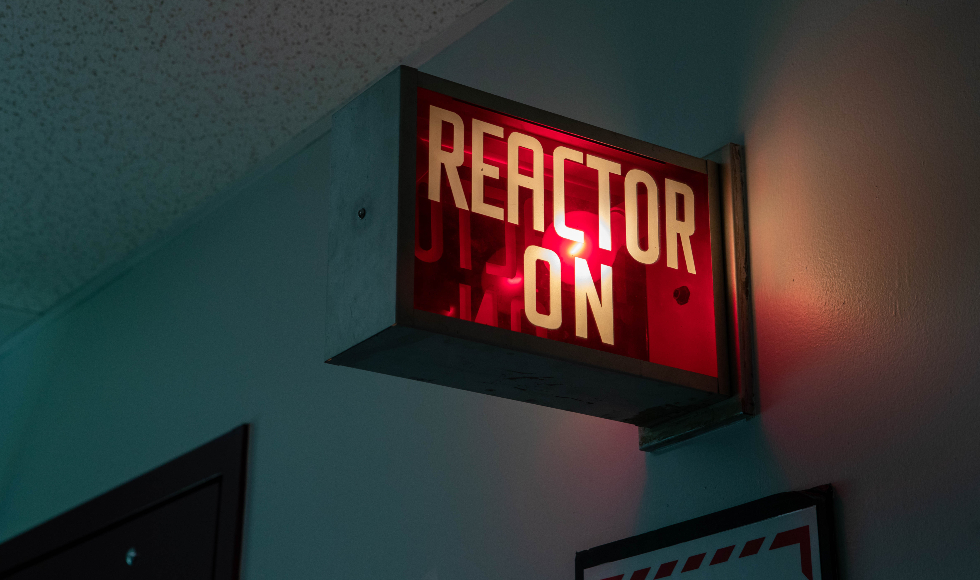McMaster and Bruce Power to collaborate on advancing nuclear technologies including medical isotopes

July 17, 2020
McMaster University and Bruce Power will be working together to develop and promote nuclear technologies in Ontario, including next-generation reactors, life extension and medical isotopes.
McMaster is an established leader in nuclear and medical isotope science and home to a suite of world-class nuclear research facilities. Bruce Power, the world’s largest operational nuclear facility, provides electricity to Ontarians and medical isotopes globally. The two signed a Memorandum of Understanding on July 17.
Karen Mossman, McMaster’s vice-president of research, says the partnership allows both organizations to leverage their complementary strengths for greater impact.
“McMaster is known for its expertise in developing and commercializing nuclear-based technologies,” she says. “This partnership, through co-led projects, elevates our potential to find Canadian solutions for the industry and the global medical isotope supply chain.”
The new partners initially connected over their shared roles as leaders in the global medical isotope supply chain. Home to Canada’s most powerful nuclear research reactor, McMaster University has capitalized on its infrastructure to become the world’s largest producer of iodine-125, and is also a major supplier of holmium-166, both of which are used to treat cancer.
Bruce Power is a key producer of cobalt-60, an isotope used to sterilize medical equipment and personal protective equipment, currently in high demand around the world due to the COVID-19 pandemic.
In 2019, Bruce Power began harvesting High Specific Activity, or medical-grade cobalt-60, which will benefit cancer patients in Canada around the world. This medical-grade cobalt is used for alternative treatments to traditional brain surgery and radiation therapy for the precise treatment of brain tumours while limiting damage to the surrounding healthy tissue and organs.
The partnership will explore applications of established medical isotopes, and address opportunities around emerging medical isotopes, including lutetium-177, which has shown great promise for treating several types of cancers. Bruce Power is advancing a project which will see its units outfitted with an Isotope Production System that can support future production of isotopes including lutetium-177.
“This is an exciting day as we mark the beginning of a renewed partnership to explore avenues of collaboration with one of Canada’s most reputable universities,” said Mike Rencheck, Bruce Power’s president and CEO. “We want to ensure Canada remains at the forefront of global isotope development and production, while advancing new technologies around life extension and new reactor development. Today’s announcement is a big step forward in achieving these goals.”
Experts will also work together to advance energy science — supporting Bruce Power’s Major Component Replacement projects through a program of experimental work made possible by McMaster’s unique nuclear research facilities — and technologies related to Small Modular Reactors, an emerging technology expected to play an important role in Canada’s clean energy future.


